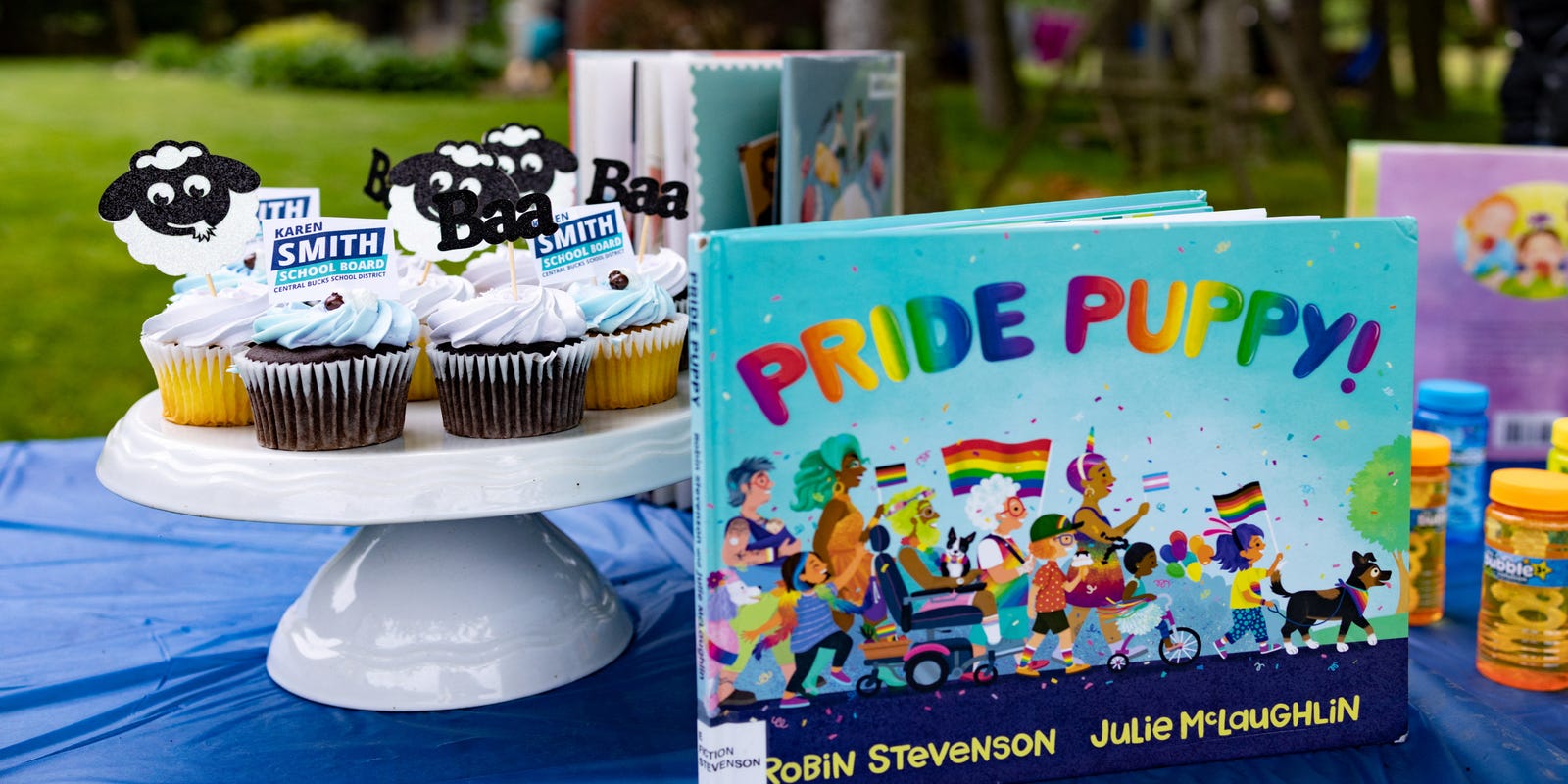Supreme Court Confronts Children's Literature: The Hidden Debate on Gender Narratives

Love Beyond Traditional Fairy Tales: A Modern Storybook Romance
In a refreshing twist on classic fairy tale narratives, the children's book "Prince & Knight" challenges traditional storytelling by presenting a heartwarming love story between a prince and a knight. Instead of the typical prince-meets-princess plot, this book explores a different kind of royal romance that has sparked conversations among parents and readers.
The story follows a handsome prince who discovers love in an unexpected place - with a brave and noble knight. This narrative departure from conventional fairy tales has prompted diverse reactions, with some parents expressing concerns about the book's unconventional approach to love and relationships.
While the book aims to represent diverse love stories and promote inclusivity, it has also generated discussions about age-appropriate content and representation in children's literature. Parents find themselves navigating complex conversations about love, acceptance, and understanding different types of relationships.
The book serves as a gentle reminder that love comes in many forms and that storytelling can be a powerful tool for teaching empathy and understanding.
